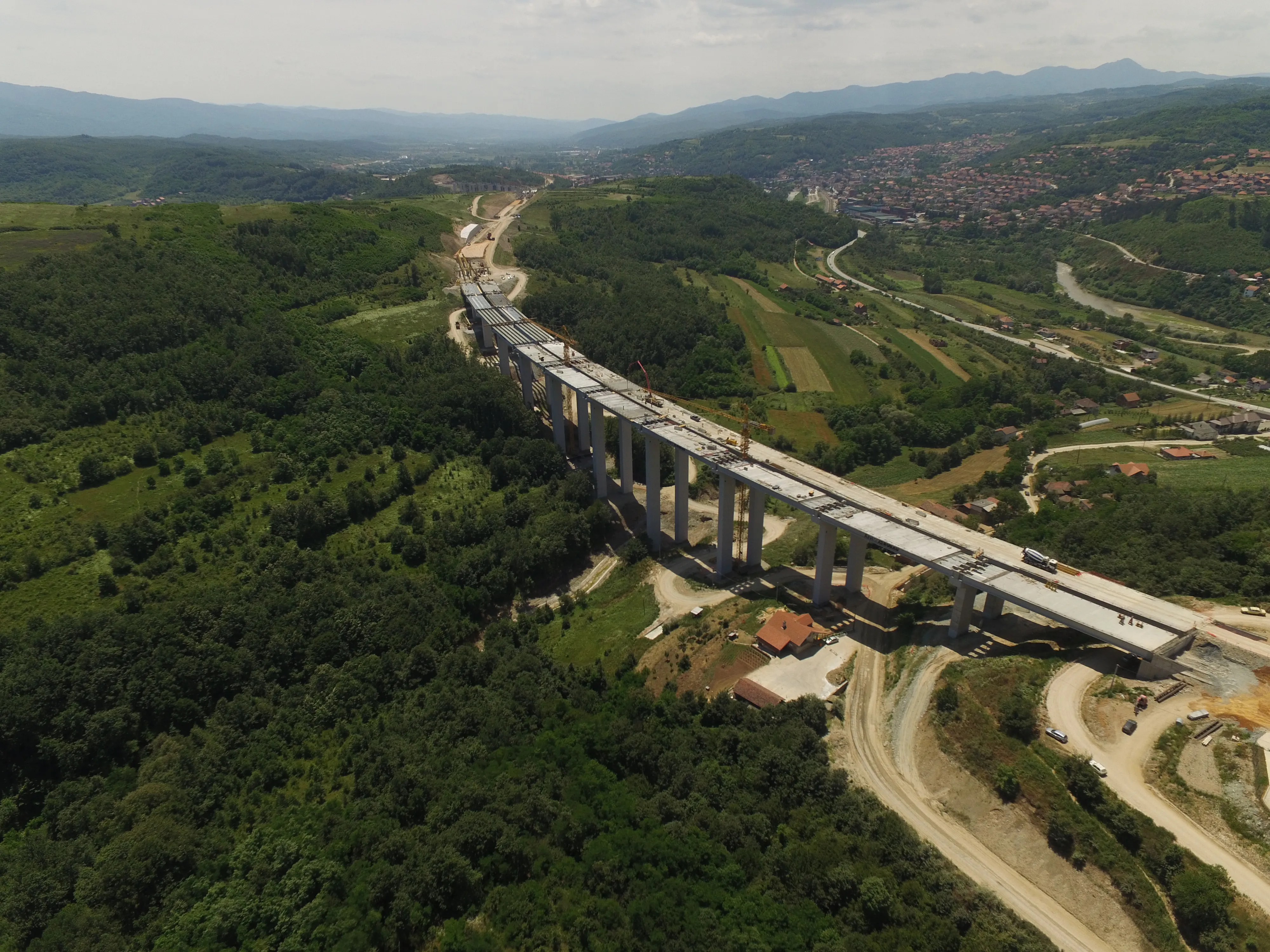Japan has agreed in principle to provide financial assistance to Thailand for road construction and upgrades in connection with the East-West Economic Corridor.
The corridor is based on 1,450km of highway running across four Southeast Asian countries. The idea of investing in the corridor was originally proposed during a multi-national ministerial conference in Manila, Philippines, in 1998. Much of the route had been completed by 2010, according to review document by Asian Development Bank. It also noted t
November 17, 2014
Read time: 2 mins
Japan has agreed in principle to provide financial assistance to Thailand for road construction and upgrades in connection with the East-West Economic Corridor.
The corridor is based on 1,450km of highway running across four Southeast Asian countries. The idea of investing in the corridor was originally proposed during a multi-national ministerial conference in Manila, Philippines, in 1998. Much of the route had been completed by 2010, according to review document by943 Asian Development Bank. It also noted that the government of Japan and ADB had helped finance key components of the corridor in Laos and Viet Nam.
The designated linking roads run east from Mawlamyine, port in Myanmar -- formerly called Burma – through Tak province in Thailand, on through Savannakhet province in Laos and end in Vietnam’s south-central coastal port of Danang.
Laos, Vietnam and Thailand signed memorandums of understanding in May last year to streamline red tape at border crossing to speed up freight traffic, including by rail, under the East-West Economic Corridor strategy.
The participants also set up the Transport Association of the Mekong Sub-region, with a main office to be in the Laotian capital Vientiane.
The corridor is based on 1,450km of highway running across four Southeast Asian countries. The idea of investing in the corridor was originally proposed during a multi-national ministerial conference in Manila, Philippines, in 1998. Much of the route had been completed by 2010, according to review document by
The designated linking roads run east from Mawlamyine, port in Myanmar -- formerly called Burma – through Tak province in Thailand, on through Savannakhet province in Laos and end in Vietnam’s south-central coastal port of Danang.
Laos, Vietnam and Thailand signed memorandums of understanding in May last year to streamline red tape at border crossing to speed up freight traffic, including by rail, under the East-West Economic Corridor strategy.
The participants also set up the Transport Association of the Mekong Sub-region, with a main office to be in the Laotian capital Vientiane.







